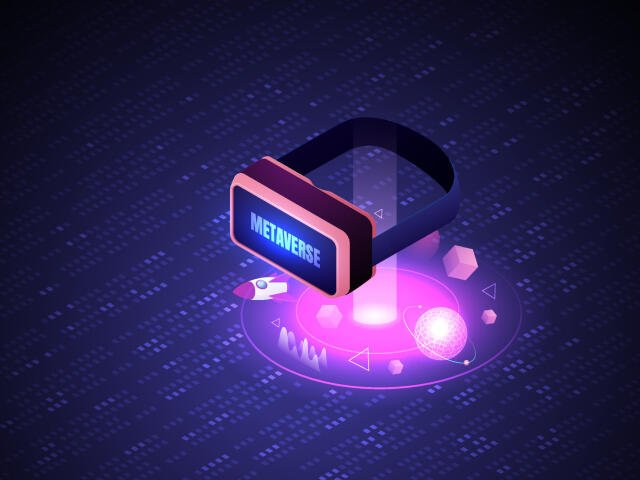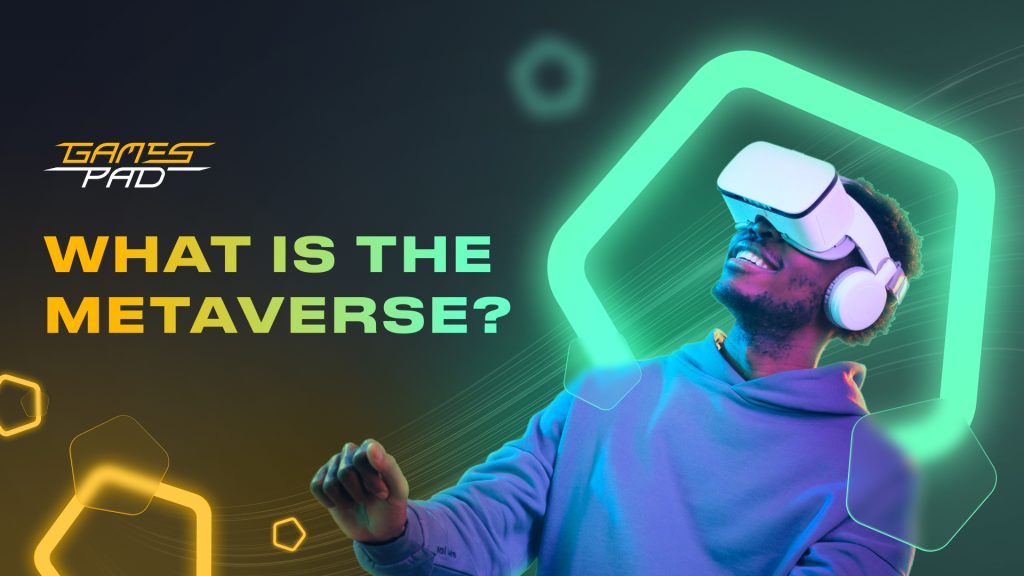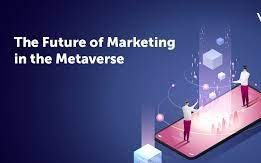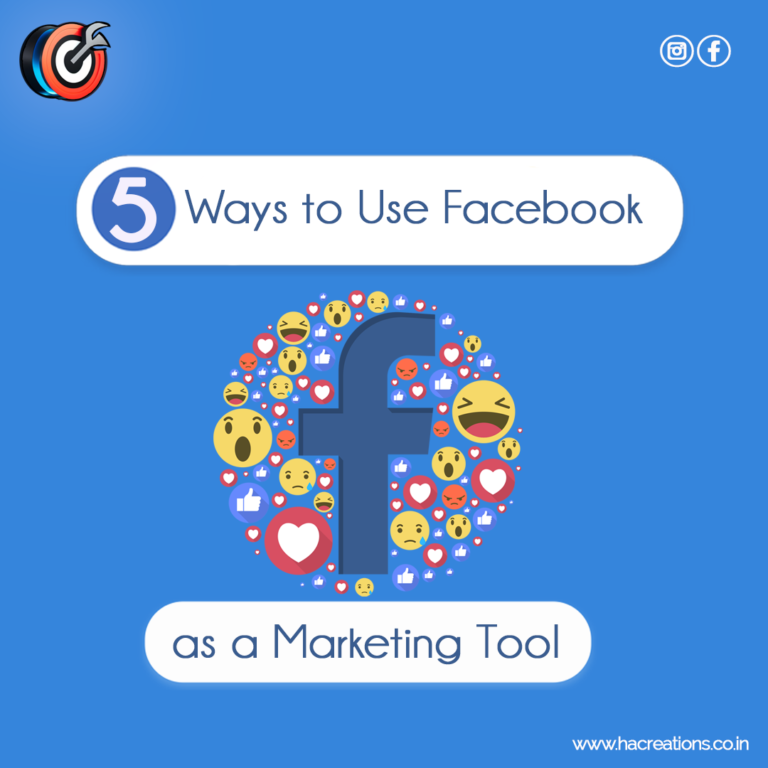
In recent years, a concept that has been gaining significant attention and momentum is the “Metaverse.” Coined by science fiction author Neal Stephenson in his novel “Snow Crash,” the Metaverse refers to a virtual universe where users can engage in a variety of digital experiences. As this immersive technology continues to evolve, businesses and marketers are starting to recognize its immense potential for revolutionizing the field of digital marketing. In this article, we will delve into the world of the Metaverse and explore how it is reshaping the landscape of digital marketing.
What is the Metaverse?

Before we dive into the impact of the Metaverse on digital marketing, let’s first understand what the Metaverse actually is. The Metaverse can be described as a collective virtual shared space that incorporates augmented reality (AR), virtual reality (VR), and the internet. It allows users to interact with each other and their surroundings, blurring the lines between the physical and digital realms. This interconnected network of virtual experiences has the potential to transform the way we live, work, and connect with others.
The Rise of the Metaverse

In recent years, we have witnessed a rapid rise in the development and adoption of Metaverse technologies. Major tech giants, including Facebook, Google, and Microsoft, have invested heavily in Metaverse-related projects, signaling their belief in its transformative power. Virtual reality headsets, such as Oculus Rift and HTC Vive, have become more accessible, paving the way for immersive experiences within the Metaverse. With advancements in internet connectivity, graphics processing power, and wearable devices, the stage is set for the Meta-verse to become a mainstream reality.
The Impact on Digital Marketing

The Metaverse has the potential to revolutionize the field of digital marketing by offering new avenues for engagement, branding, and customer experiences. Here are some key ways in which the Meta-verse is reshaping digital marketing:
Immersive Brand Experiences
In the Meta-verse, brands have the opportunity to create immersive experiences that go beyond traditional marketing channels. By leveraging AR and VR technologies, businesses can transport users into virtual worlds where they can interact with products and services in a more engaging and memorable way. For instance, a clothing brand can allow users to virtually try on clothes and accessories, providing a unique and personalized shopping experience.
Enhanced Social Interactions
Social interactions within the Meta-verse are not limited by physical boundaries. Users can connect with each other from different parts of the world, fostering a global community. Marketers can tap into this social aspect by creating virtual events, conferences, and gatherings, allowing users to engage with brands and fellow enthusiasts. This opens up new opportunities for networking, customer support, and building brand loyalty.
Targeted Advertising and Personalization
In the Meta-verse, user data can be collected and analyzed to a granular level, enabling marketers to deliver highly targeted and personalized advertising. By understanding users’ virtual behaviors, preferences, and interests, brands can tailor their marketing messages and offerings more effectively. This level of personalization can enhance user experiences and increase the likelihood of conversions.
Influencer Marketing in the Metaverse
As the Meta-verse evolves, influencer marketing is expected to play a significant role. Influencers can become key figures within virtual communities, shaping trends, and driving consumer behavior. Brands can collaborate with influential virtual personalities to promote their products and services, leveraging their influence and credibility to reach a wider audience.
SEO Strategies for the Metaverse
In the Meta-verse, traditional SEO strategies will need to adapt to the unique characteristics of this virtual realm. Here are some SEO considerations for the Metaverse:
- Optimizing Virtual Assets: Just like optimizing web pages, virtual assets within the Meta-verse, such as virtual storefronts or branded spaces, should be optimized with relevant keywords, metadata, and descriptions.
- Meta-verse-Specific Keywords: Identify and target keywords specific to the Meta-verse to improve visibility and organic traffic. This includes terms related to virtual reality, augmented reality, and immersive experiences.
- User-Generated Content: Encourage users to create and share content within the Metaverse, such as reviews, recommendations, and testimonials. User-generated content can boost brand visibility and credibility.
Privacy and Security Concerns
While the Meta-verse presents exciting opportunities for digital marketing, it also raises important concerns regarding user privacy and security. As users spend more time in virtual environments, safeguarding their personal data and ensuring a secure experience become crucial considerations for marketers and platform developers. Striking a balance between personalized experiences and user privacy will be paramount for building trust and sustaining long-term success within the Metaverse.
Conclusion
The Metaverse is poised to revolutionize the field of digital marketing, offering unprecedented opportunities for brands to engage with users in immersive and personalized ways. By embracing the Metaverse, businesses can tap into new avenues for branding, customer experiences, and advertising. However, it is essential to stay informed about evolving SEO strategies specific to the Metaverse and address privacy and security concerns to ensure a seamless and trustworthy user experience. As the Metaverse continues to evolve, it will be fascinating to witness how it shapes the future of digital marketing and transforms the way we interact with brands and each other.




